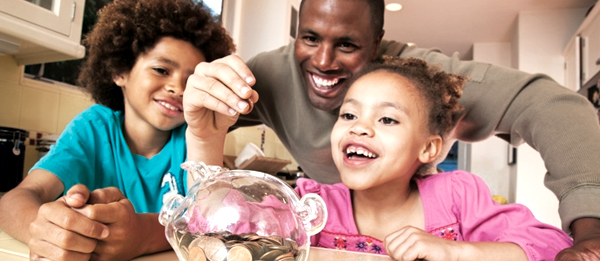It’s natural for most parents to come to the defense of their child if the teachers and other students complain about bullying, but denial will never solve the problem. It takes courage to admit that one’s child has problems that need to be addressed before serious injuries are inflicted on the victims.

What can you do as the parent of the bully?
Take Bullying Seriously
Most parents of the bully tend to think that the fights are just normal among children, but you should not brush aside accusations of bullying because these can have long-term effects on your child’s aggression. Perhaps your refusal to recognize problems in your child is the root of the problem itself, and one day you will regret ignoring it because your child will most likely grow up with a lot of problems. Children act differently at home and at school, and perhaps that is why you have never noticed the bullying firsthand.

Talk About It Calmly
You will most likely hear the complaints first from the teacher and other school officials, but before you tell them that it’s their job to watch the children, think about what you should do as a parent instead. Try to understand what is causing the behavior and listen calmly to the school officials about the details of the complaint.
Thank the school officials for alerting you of the problem and assure them and the victim’s parents that you are willing to find solutions to help both the bully and the victim recover from the experience. Remember, your child should be held accountable for the behavior no matter what triggered the incident.
Your Child Needs Help

Research about bullies in Singapore show that most of them have common traits that result from an unhealthy environment at home, such as; inadequate parental supervision or attention; inadequate parental discipline; bullying is a common behavior at home and the child is also a victim of bullying; the child is trying to impress others to gain attention; the child has low self-esteem but wants to be in control; and the child lacks compassion and sympathy for others.
The tricky part when dealing with a strong bully is that they can find ways to justify their actions with their excellent social and verbal skills, but you should also take your time to listen to his/her version. It will help stop the child from lying and will also give you more details about the incident.

That way, you can determine if your child is just trying to minimize the situation or just ignoring the facts presented by the victim. It will be easier to point out problems by letting her/him see from a different perspective by asking about the details. Lastly, make the child acknowledge that his/her behavior has caused harm to others and that he/she should take steps to change that behavior.
As a parent, instill empathy in the child to encourage him/her to think about the impact of his/her words and actions.
Read More




















